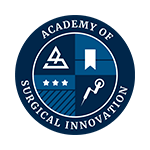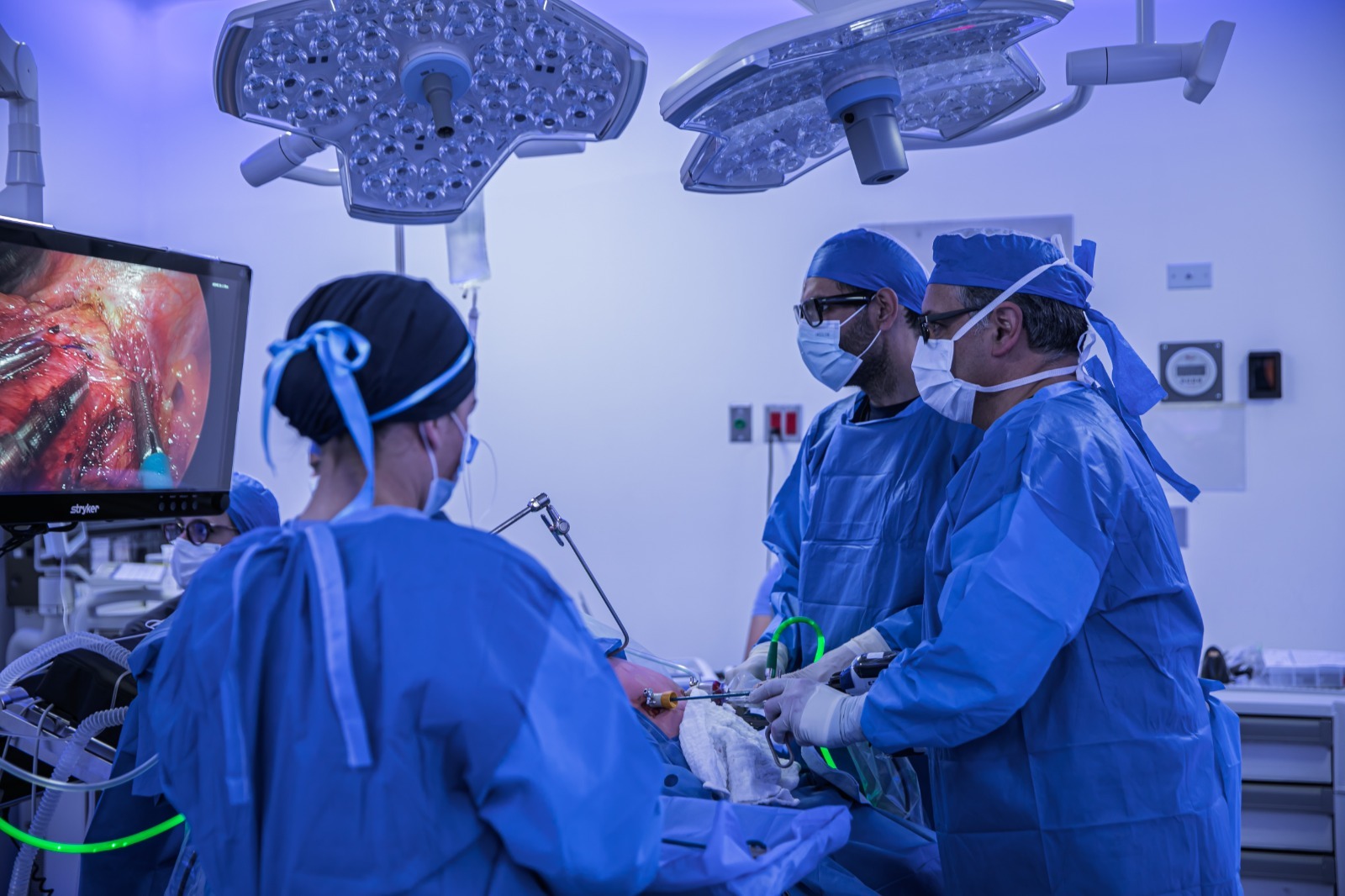The International Bariatric Surgery fellowship based at CYNTAR, lasts 1 year and aims to train the general surgeon to become a specialist and academic leader in minimally invasive surgical techniques and procedures. advanced. These include advanced gastrointestinal, bariatric, hepatobiliary, and diagnostic-therapeutic endoscopic procedures. Our diverse and dedicated faculty guides fellows through the pathophysiology, diagnosis, and advanced laparoscopic and endoscopic treatment of the esophagus, solid organs, morbid obesity, and complex hernias. The fellow will learn advanced laparoscopic surgical techniques including total esophagectomy, Heller myotomy, antireflux operations, adrenalectomies, sleeve gastrectomy, Roux-en-Y gastric bypass, as well as state-of-the-art endoscopic bariatric procedures, in collaboration with the Center for the Future of Surgery (CFS) from the University of California San Diego (UCSD).
Our esophageal motility center at CYNTAR provides the opportunity to learn the fundamentals of esophageal physiology and perform esophageal manometry and 24-hour pH and Bravo studies. At CFS, fellows will be exposed to da Vinci Robotic Surgical Systems for use in research and training. In addition, we have a robust teaching and simulation program that focuses on the education and surgical simulation of residents, fellows, and medical students using our multi-million dollar wet/dry laboratory for simulation and research. This program includes fellowship training in weekly wet and dry laboratory procedures that simulate complex surgical conditions and procedures.
The fellow is expected to teach surgical residents and medical students fundamental techniques in laparoscopic, robotic, and endoscopic surgery, and lecture to students in the surgical rotation and general surgery residents on select minimally surgical topics. invasive. The fellow is expected to attend and participate in all Department of Surgery didactic teaching conferences, as well as present and discuss cases at the monthly gastrointestinal multidisciplinary conference, which covers patients with complex esophageal disease and occasionally present at the monthly X-ray sessions.






